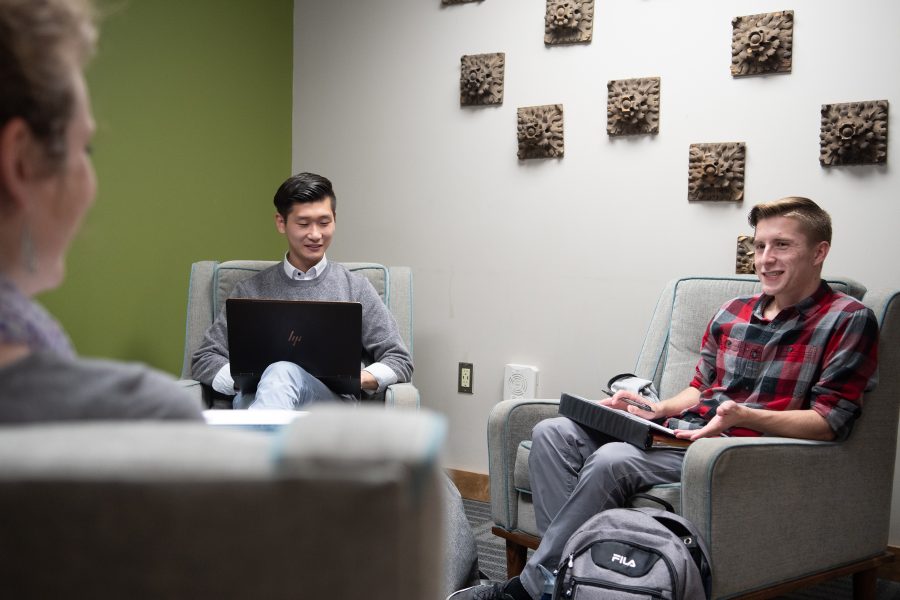The University Language Association is a campus organization providing language opportunities and cultural experiences to students outside of the classroom setting.
According to Dr. Jeremy Patterson, ULA faculty sponsor and chair of the Division of Modern Language and Literature, the ULA was newly restructured to reflect a more effective style of leadership group.
The new structure is actually quite similar to the university’s language program itself.
Several offices exist within the ULA. This year’s leadership group includes Steve Choi, president, and Drew Bond, vice president, as well as several other representatives.
These members represent each language offered in the University: Kendall Deas represents German, Anna Grace Casillas represents Spanish, Lauren Heilman represents French and Madi Landry represents Chinese.
According to ULA presiden Choi, the ULA gives students an opportunity to practice the languages they are learning and exposes them to other cultures.
Choi believes an ability to speak a language is more important than being able to read or write in that language, so he places a high priority in exposing students to native speakers.
According to Chinese representative, Landry, it is impossible to communicate in another language without a foundational knowledge of the culture attached to that language.
“The ULA is completely centered around cultures not just languages,” Landry said. “When I speak Chinese, I’m communicating an entire culture.”
Landry views the ULA as an opportunity to escape from the notion some language students hold who merely take a language for the credits or due to requirement.
According to Deas, German representative, the ULA tries to foster a love of culture and language.
This priority has encouraged many ULA members to become active in learning a new culture.
French language representative, Heilman, encourages students to come and experience the ULA.
“This is going to be totally different from your class, no pressure, no homework,” she said. “It’s just a chance to hang out with friends and learn together.”
According to Heilman, the ULA helps students get the most out of their language classes.
Anyone taking a language course is automatically included in the mailing list, and according to Choi, the ULA is available to anyone.
Choi encourages students of all speaking levels to participate and grow their skills while having fun with others who share their passion.
“If you want those credits to be worth it, then get something out of it,” Landry said.
According to Landry, the ULA fulfills one of BJU’s goals, which, as articulated by the Center for Global Opportunities, is to reach beyond yourself by using your gifts—speaking someone’s native language—to serve others.
According to Casillas, the ULA provides many involvement opportunities for students, including a weekly Tuesday night language dinner where students can meet other speakers of their languages.
The ULA creates a platform for students to form connections, build relationships and even complete required conversation time for their language classes.
According to Patterson, the ULA also provides film screenings—two films a semester for a total of four in a year—and singspirations where attendants sing together in all of the languages.
Choi and Patterson hope to expand the ULA’s reach in the near future, encouraging involvement and partnership between the ULA and other campus organizations, such as the International Student Organization or the University Business Association.
They hope that these collaborations could provide even more opportunities for students to practice their respective languages.
On Thursday, Nov. 1, at 7 p.m., the ULA will participate in its first joint endeavor with the University Business Association.
This event, called “Language and the Professions,” will be a time for members of the organizations to come and hear several speakers from various businesses share how they have been able to use various languages in their fields.
Choi has seen people who have come out to events and told him that they are helped beyond what they could have learned in their textbooks by actually applying what they’re learning in a real-life context.
Choi stressed that the association is open to anyone who is interested—participants can range anywhere on the language scale, from native speaker to someone who is merely interested in learning another language.
According to Choi, anyone interested in the ULA can email him, Heilman or Patterson for more information or they can request to be added to the email distribution list.


























































